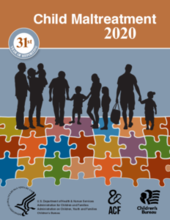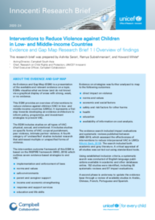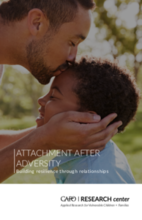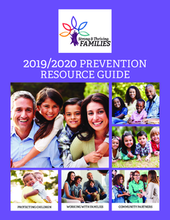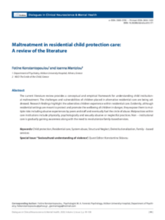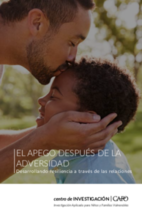Displaying 221 - 230 of 1089
Child Maltreatment 2020 is the latest edition of the annual Child Maltreatment report series. States provide the data for this report via the National Child Abuse and Neglect Data System (NCANDS). NCANDS was established as a voluntary, national data collection and analysis program to make available state child abuse and neglect information. Data have been collected every year since 1991 and are collected from child welfare agencies in the 50 states, the Commonwealth of Puerto Rico, and the District of Columbia.
The provision of material assistance, which is widespread in child protection settings, has received negligible scholarly attention. This article aims to describe and conceptualize this underresearched practice and to explore the challenges workers face when implementing it. The study described here included 20 in-depth interviews conducted with social workers working in an innovative Israeli child protection program called Families on the Path to Growth.
This review provides an overview and educational material on nonaccidental injury (NAI) and its clinical presentation.
This brief summarizes the key findings from the Evidence Gap Map on interventions to reduce violence against children in low- and middle-income countries.
This e-book from CAFO provides guidance to individuals dedicated to serving at-risk children and families on how to build resilience through relationship to help them build better futures.
This Resource Guide offers support to community service providers as they work with parents, caregivers, and children to prevent child maltreatment and promote social and emotional well-being.
Este artículo explora las prácticas institucionales que facilitan u obstaculizan la protección de derechos de niños, niñas y adolescentes en el sistema de protección de la niñez en Honduras a través de sus diferentes etapas.
Child Maltreatment 2020 is the latest edition of the annual Child Maltreatment report series. States provide the data for this report via the National Child Abuse and Neglect Data System (NCANDS). NCANDS was established as a voluntary, national data collection and analysis program to make available state child abuse and neglect information. Data have been collected every year since 1991 and are collected from child welfare agencies in the 50 states, the Commonwealth of Puerto Rico, and the District of Columbia.
The current literature review provides a conceptual and empirical framework for understanding child institutional maltreatment.
Este recurso de CAFO provee guía a individuos dedicados a servir a niños y familias en riesgo en construir la resiliencia a través de las relaciones para ayudarles a construir un futuro mejor.

